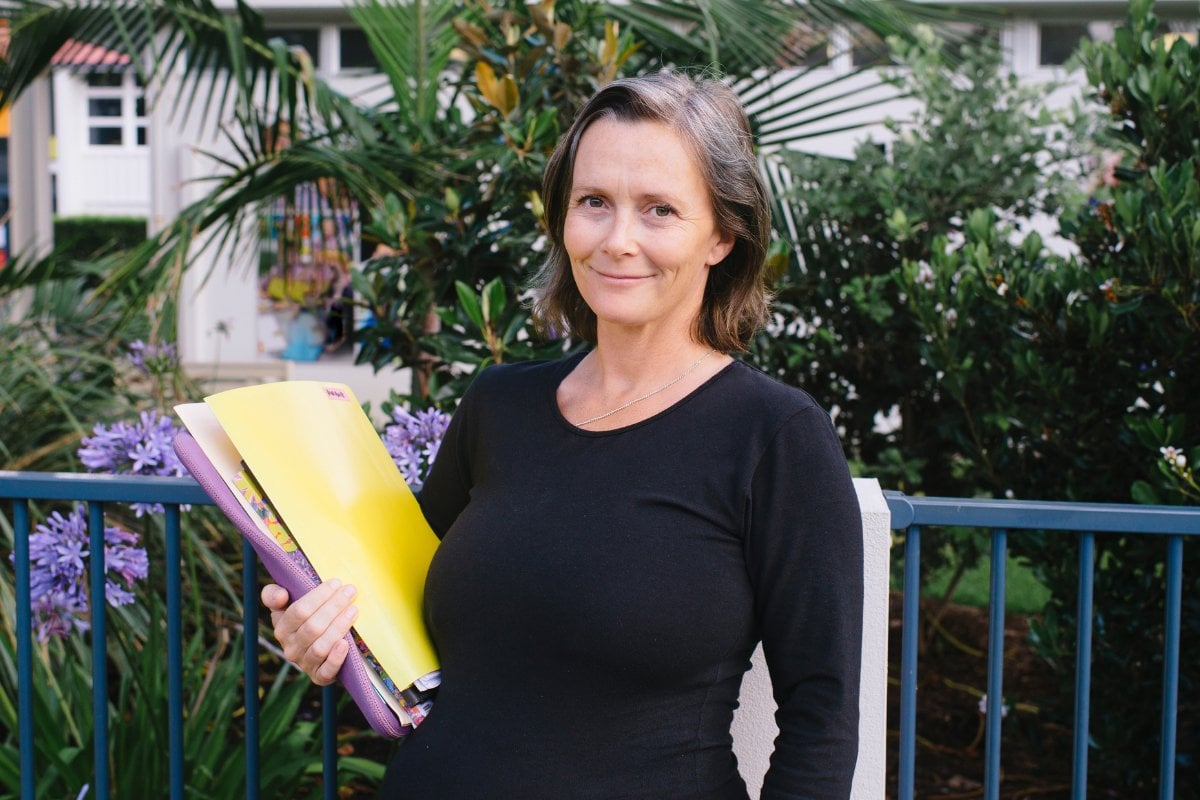

As far as Sydney Kindergarten teacher Jordan is concerned, if you're only 98 per cent sure you want to be a teacher, then the profession isn't for you.
You have to be 100 per cent in, and COVID only cemented that fact tenfold.
For many of us, working from home has just meant we do the same thing, but from our home office, lounge room, or bedroom.
For teachers, it's meant they've had to rewrite their job description, and as Jordan explains to Mamamia, "It's boring... because it's not the job I signed up for."
"I missed the social aspect of my job. You're with 20 kids all day long. And if you're not with your class, you're out on playground duty with a whole lot of other kids or you're in the staff room with 40 other adults.
"When I'm working at home not only is my job very different because it's not with people all day long, it's also very quiet."
Jordan comes from a long line of teachers, and becoming one herself was a "no-brainer".
Joining Teachers Health was also just a given, as it was the health fund she was raised on.
But lockdown actually made the Sydneysider stop and appreciate having the support of a healthcare service that's designed purely for her profession, as her day-to-day was completely redesigned in front of her eyes.
"It's been so good to know we have access to services that promote wellbeing [designed specifically for us]," she told Mamamia.
From mental health support, to post-pregnancy and hospital recovery, Teachers Health is the go-to support system for more than 360,000 teachers across Australia.